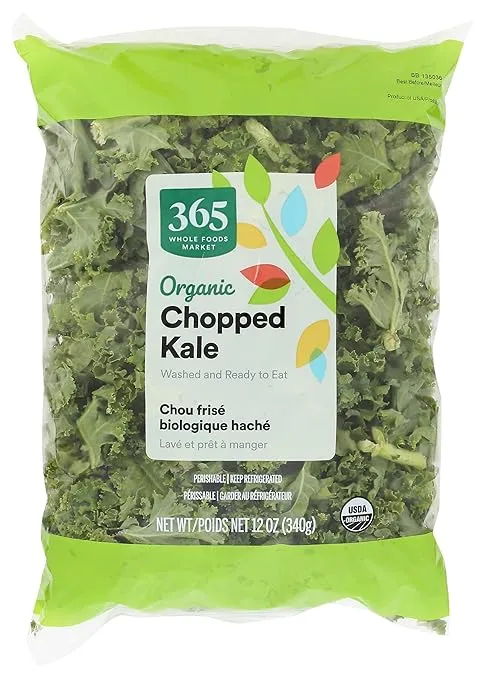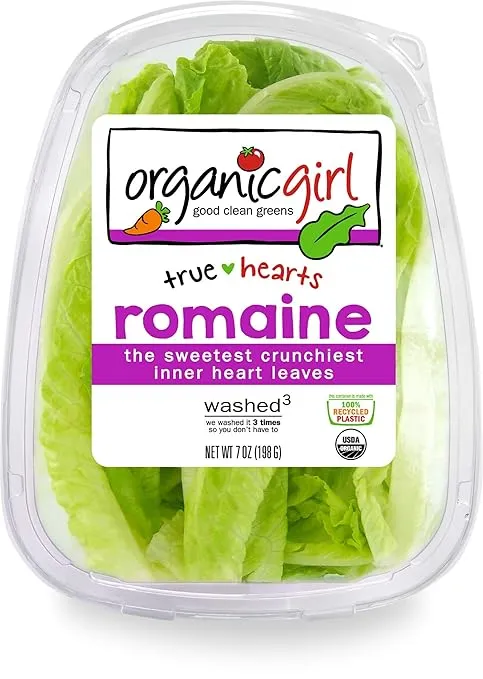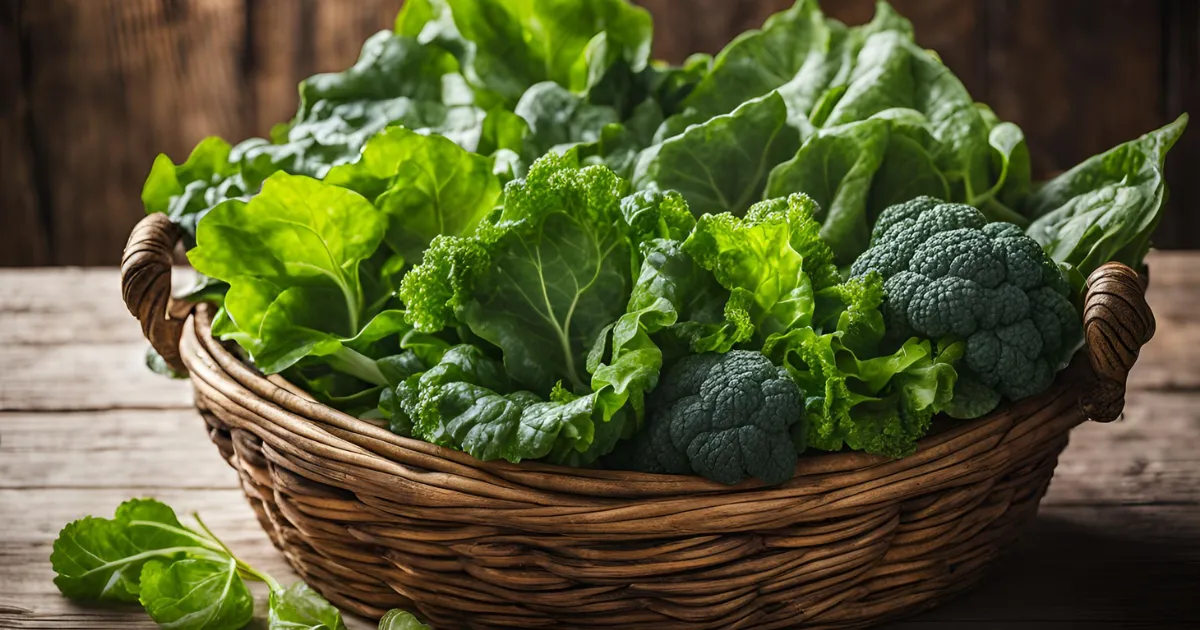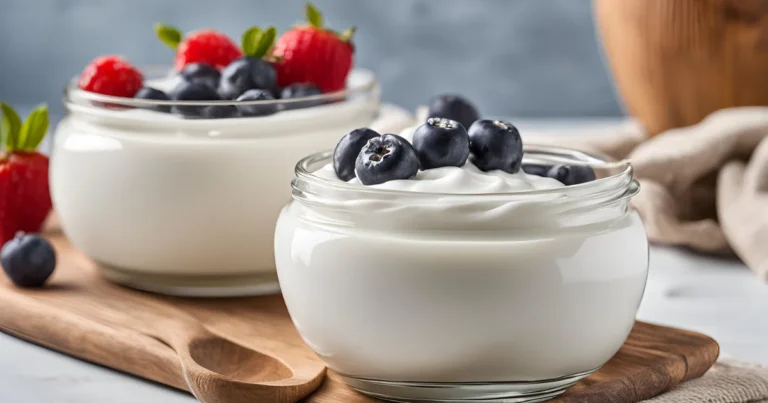12 Most Nutrient-Dense Leafy Greens for a Healthier You
Introduction
Leafy greens are a powerhouse of essential vitamins, minerals, and antioxidants that promote overall health and well-being. Whether you’re looking to boost your immune system, improve digestion, or simply add more nutrient-dense foods to your diet, choosing the right leafy greens is crucial. With so many options available, it can be overwhelming to determine which greens offer the best nutritional benefits.
In this in-depth review, we’ll explore the 12 most nutrient-dense leafy greens, compare their nutritional profiles, and help you decide which ones suit your dietary needs. Whether you’re making salads, smoothies, or sautéed dishes, these greens will elevate your meals with flavor and health benefits.
For more information on the benefits of leafy greens, check out this article.
Table of Contents
Top 12 Nutrient-Dense Leafy Greens
1. Iceberg Lettuce

- Nutritional Highlights: Low in calories but rich in water content, making it a great hydrating choice.
- Best For: Sandwiches, burgers, and salads.
- Pros: Crisp texture, mild flavor, affordable.
- Cons: Lower in vitamins compared to other greens.
2. Organicgirl Supergreens

- Nutritional Highlights: A mix of baby greens including spinach, kale, and chard packed with vitamins A, C, and K.
- Best For: Salads, wraps, and smoothies.
- Pros: Pre-washed, organic, and nutrient-dense.
- Cons: Slightly more expensive than regular greens.
3. Greens Kale Dino Organic

- Nutritional Highlights: High in fiber, iron, and calcium, with strong antioxidant properties.
- Best For: Stir-fries, smoothies, and soups.
- Pros: Robust texture, high nutrient content.
- Cons: Slightly bitter taste, requires thorough washing.
4. Organicgirl Baby Spinach

- Nutritional Highlights: Rich in iron, folate, and vitamin K.
- Best For: Salads, omelets, and smoothies.
- Pros: Mild taste, soft texture, versatile.
- Cons: Short shelf life if not stored properly.
5. 365 by Whole Foods Market Organic Spring Mix

- Nutritional Highlights: A blend of multiple leafy greens providing a variety of nutrients.
- Best For: Fresh salads and side dishes.
- Pros: Balanced flavors, ready-to-eat.
- Cons: Can wilt quickly if not stored well.
6. Taylor Farms Baby Spinach

- Nutritional Highlights: Contains iron, folic acid, and vitamin C.
- Best For: Cooking, smoothies, and fresh salads.
- Pros: Affordable, pre-washed.
- Cons: May require additional rinsing.
7. Organicgirl Protein Greens

- Nutritional Highlights: Includes baby kale, spinach, and mustard greens, rich in plant-based protein.
- Best For: High-protein plant-based diets.
- Pros: Great for meal prep, nutrient-dense.
- Cons: Stronger flavor may not be for everyone.
8. Organicgirl Baby Kale

- Nutritional Highlights: Excellent source of vitamin K, calcium, and fiber.
- Best For: Sautéed dishes and smoothies.
- Pros: Tender texture, mild taste.
- Cons: Can spoil quickly.
9. 365 by Whole Foods Market Greens Spinach Organic

- Nutritional Highlights: High in antioxidants, iron, and magnesium.
- Best For: Cooking, blending, and fresh eating.
- Pros: Organic, nutrient-packed.
- Cons: Requires proper refrigeration.
10. Organicgirl Baby Arugula

- Nutritional Highlights: High in nitrates, vitamin K, and calcium.
- Best For: Peppery salads, pizza toppings.
- Pros: Bold flavor, great texture.
- Cons: Not suitable for those who dislike bitter greens.
11. 365 by Whole Foods Market Organic Chopped Kale

- Nutritional Highlights: High in fiber, vitamin A, and omega-3s.
- Best For: Cooking and smoothies.
- Pros: Pre-chopped, easy to cook.
- Cons: Slightly tough texture when raw.
12. Organicgirl Organic Romaine

- Nutritional Highlights: Good source of folate, fiber, and vitamin A.
- Best For: Salads and wraps.
- Pros: Crisp texture, mild flavor.
- Cons: Can wilt quickly if not stored properly.
Comparing the Best Leafy Greens
| Product | Best For | Key Nutrients | Pros | Cons |
|---|---|---|---|---|
| Iceberg Lettuce | Sandwiches, salads | Hydration | Crisp, affordable | Low nutrient density |
| Organicgirl Supergreens | Salads, smoothies | Vitamins A, C, K | Pre-washed, organic | Higher price |
| Greens Kale Dino Organic | Stir-fries, soups | Iron, calcium | Nutrient-dense | Bitter taste |
| Organicgirl Baby Spinach | Omelets, smoothies | Iron, folate | Mild flavor | Short shelf life |
| 365 by Whole Foods Market Organic Spring Mix | Salads | Vitamins A, C | Balanced taste | Wilts quickly |
| Taylor Farms Baby Spinach | Cooking, smoothies | Vitamin C | Affordable | Needs extra rinsing |
| Organicgirl Protein Greens | Meal prep | Plant protein | Great for plant-based diets | Strong flavor |
| Organicgirl Baby Kale | Sautéing, smoothies | Vitamin K | Tender texture | Spoils quickly |
| 365 by Whole Foods Market Greens Spinach Organic | Cooking, blending | Antioxidants, iron | Nutrient-packed | Needs refrigeration |
| Organicgirl Baby Arugula | Salads, toppings | Calcium, vitamin K | Bold flavor | Bitter taste |
| 365 Organic Chopped Kale | Cooking | Fiber, omega-3s | Pre-chopped | Tough texture |
| Organicgirl Organic Romaine | Wraps, salads | Folate, vitamin A | Crisp texture | Wilts quickly |
Conclusion
Incorporating nutrient-dense leafy greens into your diet is one of the best ways to support overall health. Whether you prefer the mild taste of baby spinach or the robust texture of kale, there’s a perfect green for every preference and dish.
Ready to boost your nutrition? We’d love to hear your favorite ,drop it in the comments!







